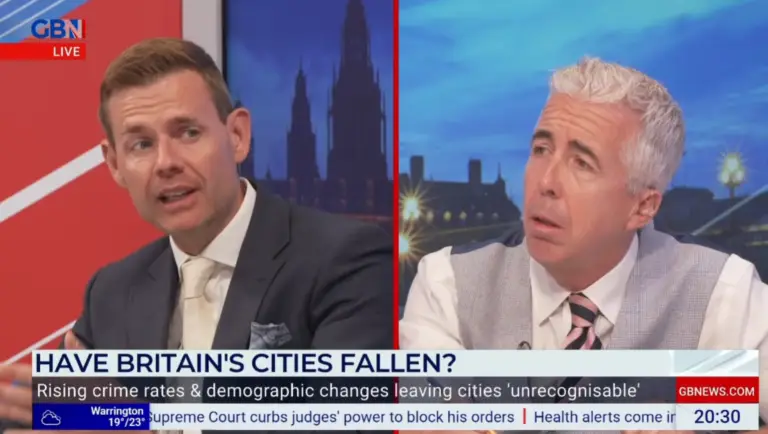Dr Penny Dash has been officially nominated by the Department of Health and Social Care (DHSC) as the next Chair of NHS England (NHSE), succeeding Richard Meddings, who will step down in March. Her appointment is seen as part of a broader shift within NHS leadership, as Health and Social Care Secretary Wes Streeting looks to install figures with a strong health background who can help drive reform and deliver on the upcoming 10-Year Plan.
While there was a point when the NHSE Chair role was more operational, it has increasingly become a political appointment, often changing with the Secretary of State. Dash’s appointment will be confirmed following a Health and Social Care Select Committee hearing – typically a formality – but her tenure will be shaped as much by ministerial expectations as by the operational realities of the NHS.
A well-respected leader
Dash’s appointment has been met with broad support across the sector. She has a strong track record in public health, healthcare management, and policy, previously serving as Vice Chair of the King’s Fund, a non-executive director at the foundation trust regulator Monitor, and a Director of Strategy at DHSC. Dash also gained notoriety following her damning review of the Care Quality Commission last October.
Most recently, she has chaired the North West London Integrated Care Board (ICB), where she has focused on increasing NHS productivity, particularly in elective care, and leading on neighbourhood-based integrated care models
The NHS Confederation has welcomed her appointment, with its Chair, Lord Victor Adebowale, calling her an “exceptional” candidate who has the potential “to steer the NHS through its many challenges and to rebuild the health service.”
The beginning of the end for NHSE?
There is growing speculation that Dash’s appointment could be part of a broader strategy to reduce NHSE’s influence. The latest edition of the NHS priorities and operational planning guidance has already suggested NHSE’s workforce will be reduced in size this year, reinforcing a perception held by many that the organisation has become an unnecessary layer of expensive bureaucracy (reportedly, there are over 1,000 Director roles at NHSE) between DHSC and Integrated Care Systems (ICSs).
Some believe Dash has been brought in to oversee this transition, effectively working to reduce NHSE’s central role and shift more power back to DHSC. While NHSE is unlikely to be abolished outright, its functions may gradually be pulled into central government.
Dash’s arrival also coincides with growing uncertainty over NHSE Chief Executive Amanda Pritchard’s position. Following a widely critiqued appearance before the Health and Social Care Select Committee in January and a damning report by the Public Accounts Committee, rumours swirl that Pritchard has lost favour within government circles, with some predicting she could be out of the role by April. Jim Matthew, a current ICB Chair and former NHS Improvement lead, is reportedly the frontrunner to replace her.
With a new NHSE Chair, a possible change in CEO, and a forced appointment of a new permanent Under-Secretary in Ashley Dalton MP, the coming months will be pivotal. These incoming figures will define the government’s NHS health reform agenda – whether strengthening NHSE’s role or gradually dismantling it.
A Return of the ‘Old Guard’
Dash’s appointment also reflects a wider shift in NHS leadership dynamics. She has previously worked closely with Lord Darzi, who is a key figure in shaping the government’s 10-Year Plan for health and carried out last year’s independent review into the state of the NHS, and her selection suggests a return of experienced figures who have shaped past NHS reforms.
At the same time, the introduction of other senior figures, such as former Health Secretary Adam Milburn who was appointed non-executive member to the board of DHSC in November, and Paul Corrigan, who returns as a Health Advisor having previously been heavily involved during the Blair years, mark a possible return to the ‘golden age’ of NHS leadership.
With major policy changes on the horizon, including the Government’s 10-Year Plan, only time will tell whether NHSE remains a central force in shaping the health service – or if Dash will ultimately be tasked with dismantling the very organisation she has been appointed to lead.




